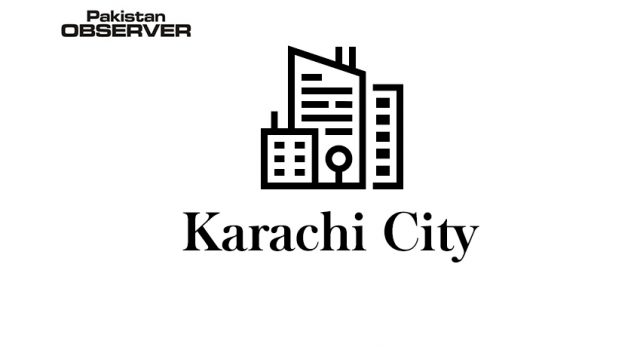Unmanaged solid waste deteriorates urban quality of life, ruining the landscape, filling oceans, and harming the poorest of poor in the shape of vector diseases, malaria, asthma issues, and ultimately affecting environment & damaging marine life.
This was expressed by Mrs. Sumayya Sajjad during a study launch event held in Karachi by Tearfund under solid waste management & recycling project funded by UKAID.
Mr. Jonathan Johnson, Country Director Tearfund Pakistan expressed that, generates approximately 12,000 tons of solid waste every day, and we are trying to do give a solid waste management and recycling project which is based on reduce, recycle and reuse waste, in first phase we are working in two UCs of district Kemari, and two UCs of district Malir partnering with Sindh Solid Waste Management Board.
While having virtual discussion Dr. Wolf-Peter Schmidt from London School of Hygiene and Tropical Medicine elaborated the effect of solid waste collection on exposure to environmental risk factors in poor urban settlements in Karachi, Pakistan.
Presenting key findings of waste composition analysis study, Dr. Saffar Korai Professor Mehran University Jamshoro highlighted 61% of green waste percentage of green waste recorded in the Union Council30 of district Kemari Karachi and lowest (42%) in the UC Murad Memon of district Malir Karachi.
Whereas, the highest and lowest proportion of recyclable waste was recorded as 38% and 25% in the HH waste of UC Murad Memon, Malir Karachi and UC-37 of district Kiamari Karachi respectively.










